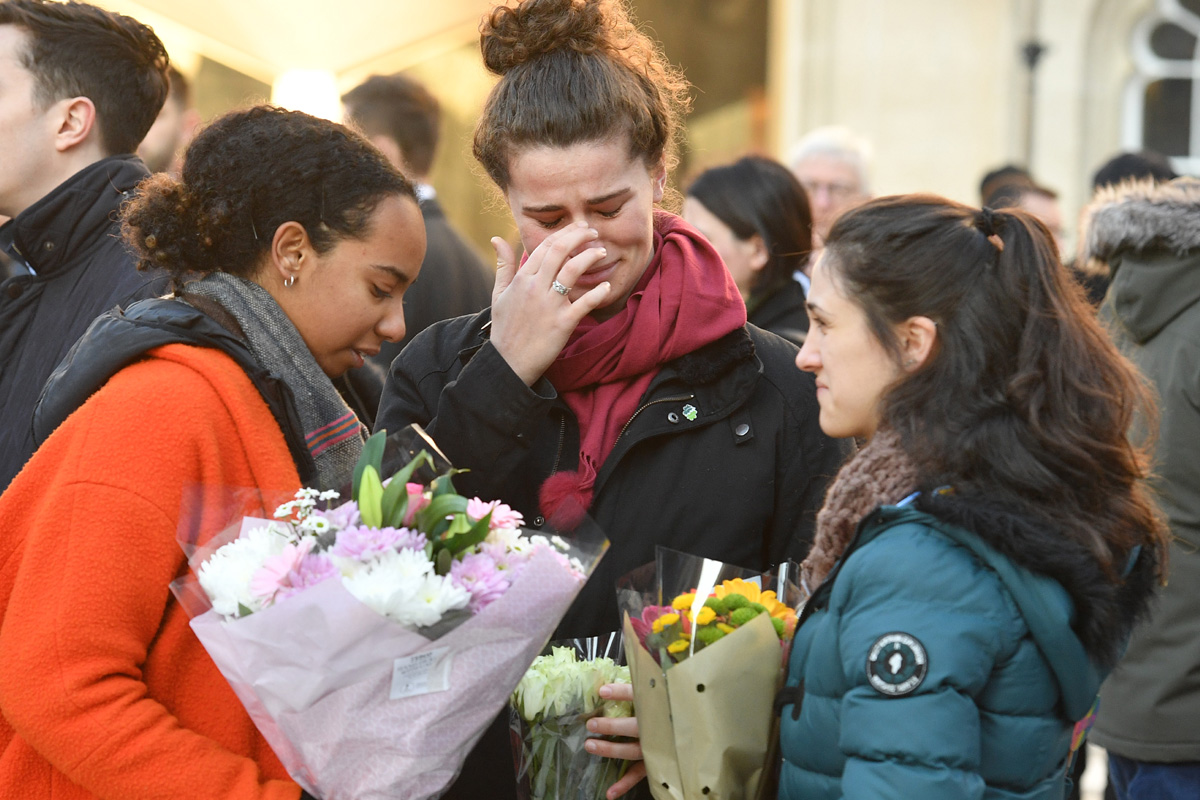From the bedlam and butchery in the London Underground in 2006 to Friday’s horrific incident on London Bridge ~ landmarks both of a fascinating city ~ there has happened a clash of civilizations. It is intrinsically a conflict between democratic norms and libertarian values on the one hand and the hideous malevolence of the terrorist on the other. No, the Islamic State of Iraq and Syria has not been subdued in the aftermath of the recent killing of its leader, a certain al-Baghdadi; the Isis has now admitted that the assassin belonged to its ranks.
Though only two persons died, the tragedy is a chilling echo of the not dissimilar terrorist attacks that have roiled Britain in recent years. The number of casualties could well have been higher were it not for the heroism of the people who pursued the attacker and seized his knife. To fix culpability is not to engage in racial profiling of terror. Usman Khan, Friday’s attacker of Pakistani origin, was convicted of terrorist offences in 2012, and was initially given an indeterminate prison sentence (an “IPP”), introduced by the Labour government in 2005, which would have meant he could not be released until deemed safe by the parole board.
That was converted by the court of appeal into an extended term, which meant he was released after serving half of a 16-year custodial sentence. Reports suggest that there has been a certain politicisation of the incident in the midst of the campaign for the third election in three years. When Prime Minister Boris Johnson calls for the “end to the automatic release system”, he implies that lax sentencing is the main deficiency in the way the risk posed by convicted terrorists is addressed. Priti Patel, the Home Secretary, tweeted that the last Labour government introduced legislation that meant “dangerous terrorists” had to be released at the halfway point of their sentence.
The fact of the matter is that this has not happened. There is no scope for pre-election shadowboxing between Conservatives and Labour. Both Mr Johnson and Ms Patel may be right, but only very partly. Whatever the colour of the government, the terror threat per se remains ever so insidious, verily forbidding to successive dispensations. The nature of sentencing must seem to be secondary in the overall construct. More accurately, there has been a hideous recurrence of such outrages in Britain in recent years.
It was palpable on Friday that terror attacks are more likely to be carried out by lone actors using low-grade weapons, inspired by organised extremism. This makes the task of anticipation by security forces, let alone Intelligence feedback, still more difficult. Ergo, managing the Isis risk is a challenging proposition anywhere in the world ~ in repressive states as much as in liberal democracies. Has the Caliphate exploited the constitutional chaos, if not political vacuum, in Britain today?











